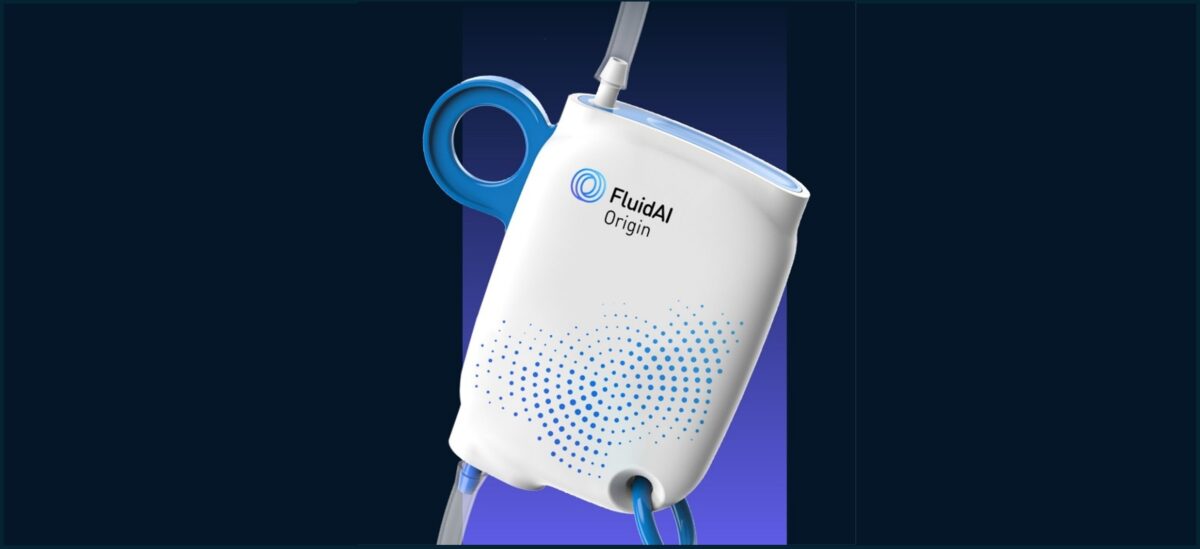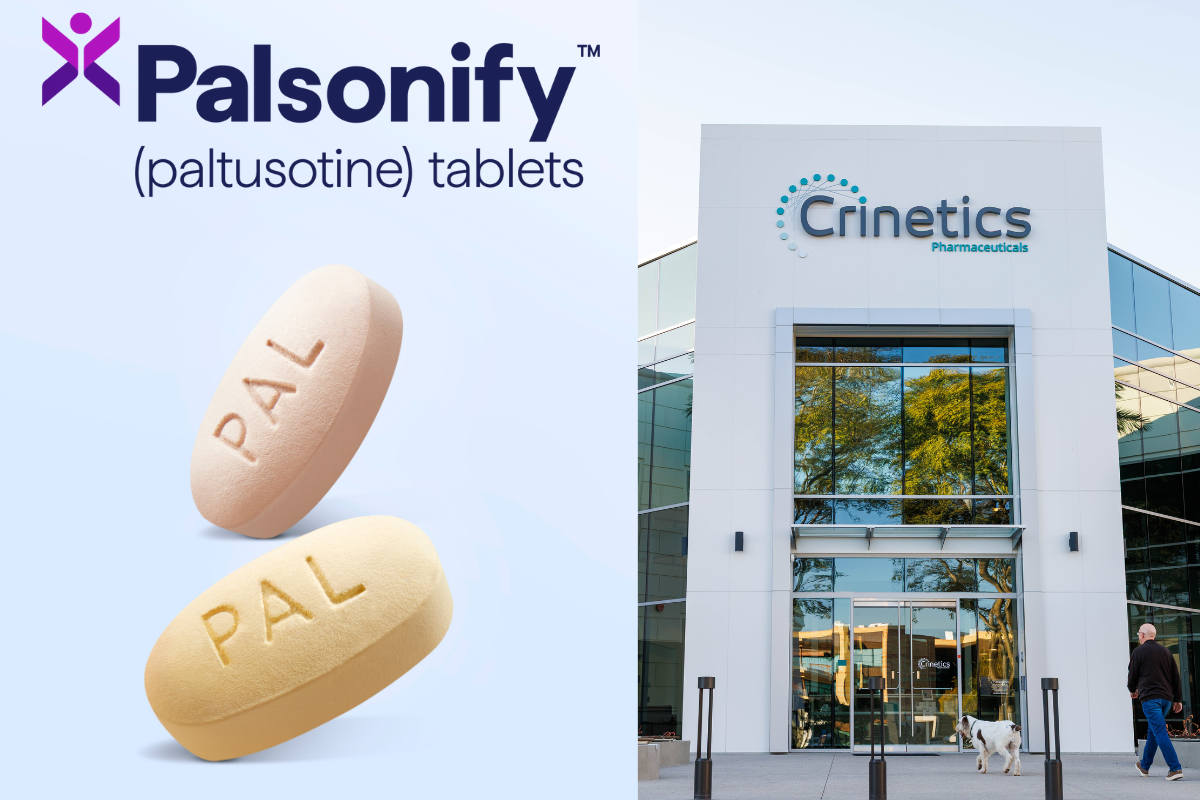At the start of the week, New Jersey-based Antares Pharma announced that it would be using its proprietary QuickShot auto-injector technology to develop a drug device rescue pen alongside US pharmaceutical giant Pfizer. However, Antares and Pfizer are keeping details of the deal close to the chest, only revealing that the combination device would be used to administer “an undisclosed Pfizer drug.”
What’s a bit clearer, however, are the bones of the collaboration which will see Pfizer bankrolling development of the product and taking full responsibility for getting US Food and Drug Administration (FDA) approval for the combination drug device. While a supply and commercialization agreement between the two pharma companies has yet to be inked, Antares disclosed that they would likely provide Pfizer with the packaged product at cost plus margin, and Pfizer would sell the drug within the US. Antares would also likely collect royalties on sales of the drug device combination product, allowing them to cover manufacturing costs without having to invest anything into commercialization.
During Antares’ second quarter earnings call – which took place just one day after they announced their partnership with Pfizer – company CEO Bob Apple commented on the agreement and said the “drug is undisclosed for competitive reasons.” When John Vandermosten, an analyst with Zacks Small-Cap Research, asked Apple whether the Pfizer drug was a generic or a new chemical entity, Apple responded that he couldn’t answer that.
But when that same analyst asked Apple to comment on the timeline for the project, the CEO was a bit more forthcoming about the pipeline while still being hesitant to put a timeframe on how long it might take to get this combination product to market. He said that while most of their products tend to have accelerated timelines due to the fact that they fall under the FDA’s 505(b)(2) regulatory pathway, the ball is really in Pfizer’s court when it comes to getting this product approved.
“Given our expertise in auto-injector and rescue pen products and Pfizer’s success in drug development, we believe our combined efforts could potentially produce a treatment solution in a growing market with limited treatment options,” said Apple. “We look forward to working with Pfizer through a rapid development phase and assisting them with the FDA drug device approval process.”
Antares is no stranger to these types of strategic alliances as the company had previously established partnerships with drugmakers like AMAG Pharmaceuticals and Teva Pharmaceuticals. When asked to comment on how the Pfizer deal stacks up against their collaborations with Teva, Apple said that the financials were similar in terms of having the larger company pay for development. He did point out that the deal with Pfizer is unique in that Antares will be providing the fully-finished, packaged version of the combination drug device at cost plus margin.
While Apple cautioned that the two companies are in the early stage of development, his tone in speaking about the deal was positive and optimistic.
“I’m very comfortable with the device. I’m very comfortable with how the drug will work within our device. So, that’s really going to be a function of the regulatory process and the timing with the FDA,” said Apple, in reference to the timeline of the project.
Auto-injectors lend themselves well to drugs requiring self-administration that are often injected into subcutaneous fat. While the most pervasive example of this mode of drug delivery is the EpiPen, an epinephrine-filled auto-injector designed to treat anaphylaxis, other drugs used to treat conditions such as multiple sclerosis and rheumatoid arthritis benefit from this form of user-friendly administration.












Join or login to leave a comment
JOIN LOGIN